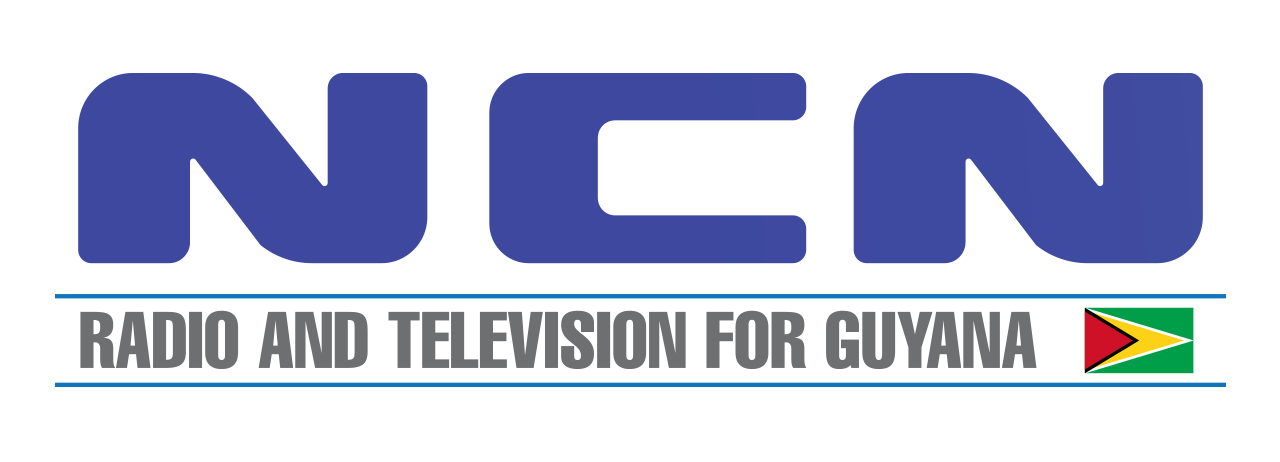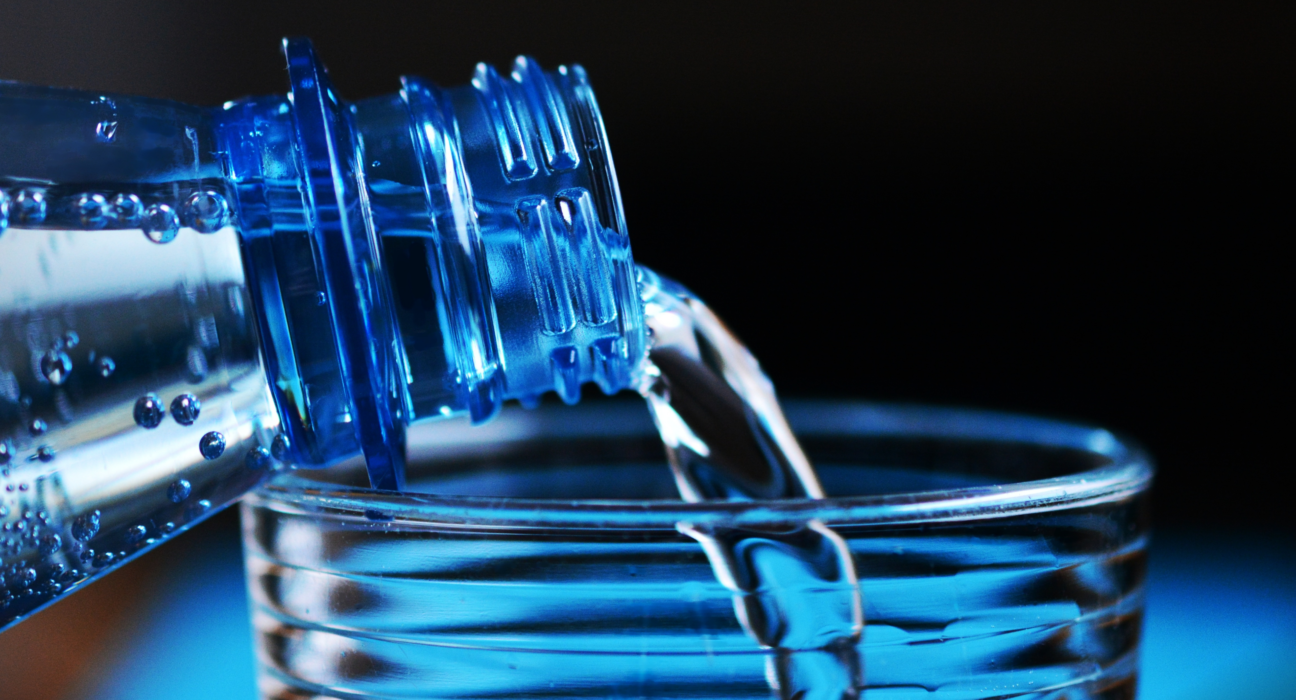October 9, 2024
When it comes to hydration, many people adhere to the popular rule of drinking eight glasses of water a day.
However, this guideline is a myth, and there are several misconceptions about hydration that can cloud our understanding of what it means to stay properly hydrated.
In tonight’s edition of NCN Health, sponsored by GTM Insurance Company and Essential Care Pharmacy, we explore five common myths about water consumption.
Myth #1: You Must Drink Eight Glasses of Water Daily
Experts are increasingly challenging the notion that everyone should consume a specific amount of water daily. Individual hydration needs vary significantly based on factors such as age, activity level, dietary habits, health status, and medications. Climate also plays a crucial role; those living in hot, humid areas typically require more fluids. A good indicator of hydration is the color of your urine; a pale yellow color suggests adequate hydration, while dark yellow or brown urine may indicate dehydration.
Myth #2: Thirst Means You’re Already Dehydrated
Feeling thirsty does not always indicate dehydration. Conditions like diabetes or side effects from certain medications can trigger thirst without a corresponding need for water. Spicy foods can also increase thirst levels. If you feel thirsty, it is your body signaling a need for water, but it doesn’t necessarily mean you are already dehydrated.
Myth #3: Only Liquids Can Hydrate You
Approximately 20% of your daily fluid intake comes from the food you consume. Foods such as soups, juicy fruits like watermelon and cantaloupe, and vegetables like spinach and cucumbers are excellent sources of hydration. Conversely, high-sodium foods can lead to dehydration by drawing water out of your cells, so it’s essential to be mindful of your salt intake.
Myth #4: You Cannot Overhydrate
It may come as a surprise, but overhydration is a real concern. Consuming more water than your body can eliminate can lead to a condition known as hyponatremia, characterized by dangerously low sodium levels. Symptoms include confusion, nausea, headaches, and even convulsions. Those with existing health conditions, as well as endurance athletes, should be particularly cautious about their fluid intake.
Myth #5: Sports Drinks Are the Best for Rehydration After Exercise
While sports drinks can be beneficial after prolonged strenuous activity lasting over an hour, they often contain high levels of sugar and artificial ingredients. Water remains the best choice for most situations, and it can be flavored naturally with ingredients like lemon, cucumber, or mint. For extended workouts, however, fortified sports drinks can help replenish lost fluids and electrolytes.
For mild dehydration symptoms, such as dry mouth, fatigue, or muscle cramps, drinking water is usually effective. However, for moderate to severe dehydration—indicated by confusion, severe muscle cramps, low blood pressure, or mobility issues—immediate medical attention may be necessary, possibly requiring IV fluids or short-term dialysis.
Tune in this Thursday for more health insights on NCN Health.

